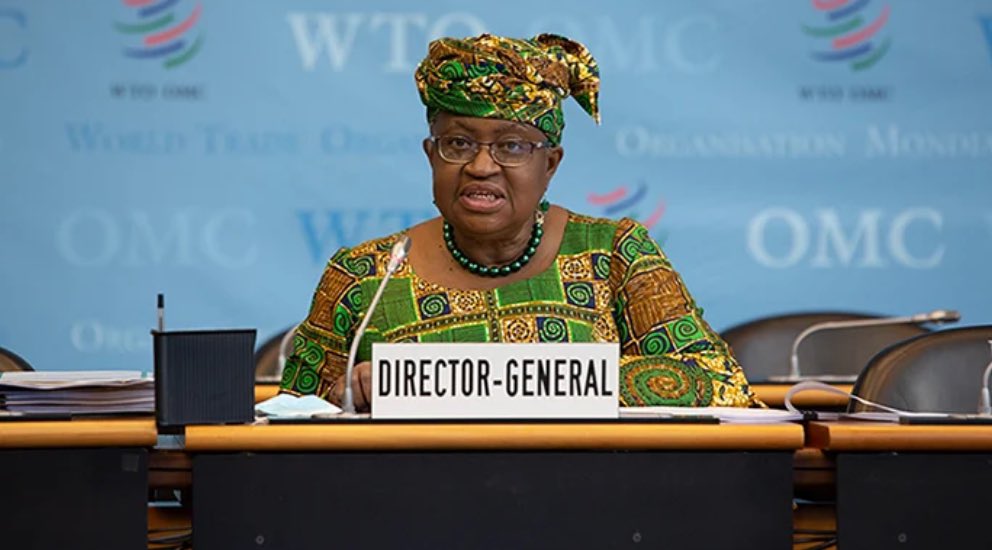By Adeyemi Adekunle
The World Trade Organisation (WTO) has confirmed Ngozi Okonjo-Iweala as the sole candidate for the position of director-general for a second consecutive term. This announcement not only underscores her pivotal role in shaping international trade policy but also highlights a momentous occasion in the history of the organization, emphasizing the leadership of a woman and an African in a traditionally male-dominated arena.
The WTO released a statement on Saturday, revealing that Okonjo-Iweala had formally expressed her willingness to continue her leadership role when she submitted her candidacy on September 16. Following the official commencement of the nomination process on October 8, no other candidates emerged by the November 8 deadline, thereby robustly endorsing her continuation in this vital position.
Petter Olberg, the chair of the WTO’s general council, conveyed this information to members in a message detailing the candidacies received. “At the end of the nomination period, the only candidacy received for this post is from Dr. Ngozi Okonjo-Iweala, the incumbent director-general,” he stated, affirming the support from WTO members. The current director-general’s term is set to end on August 31, 2025, marking an essential juncture for both her career and the organization.
Ngozi Okonjo-Iweala made history in February 2021 when she became the first female and the first African director-general of the WTO. Her election was hailed as a breakthrough for diversity and representation within international institutions. As she navigates her first term, she has become synonymous with efforts to reform the WTO, addressing issues ranging from trade equity to the organization’s responsiveness to the global challenges posed by the COVID-19 pandemic.
Okonjo-Iweala’s re-nomination comes amid ongoing discussions regarding the WTO’s role in global economic recovery and trade facilitation. Her approach has resonated with member countries, emphasizing a shared commitment to multilateralism at a time when protectionist sentiments are on the rise in various regions. Her expert stewardship during significant crises, including global supply chain disruptions and vaccine distribution inequalities, has positioned her as a beacon of hope for strengthening international trade cooperation.
However, her initial path to the directorship was fraught with challenges, particularly from the Trump administration, which opposed her nomination back in October 2020—favoring South Korea’s Yoo Myung-hee instead. This pivot only changed with the establishment of President Biden’s administration, which rallied behind Okonjo-Iweala’s candidacy, helping her secure the top position and paving the way for her historic appointment.
The upcoming term is expected to be pivotal, as Okonjo-Iweala prioritizes addressing the intricacies of global trade’s future, especially post-pandemic. With climate change, digitalization, and emerging trade tensions among the pressing issues on her agenda, her leadership will be critical. Observers expect her to enhance the WTO’s functionality, particularly in realms where member states require coordination and collective action.
The WTO indicated that further steps in the appointment process would be communicated soon, as the announcement adds another layer to the organization’s evolving narrative. As countries watch closely, Okonjo-Iweala’s potential second term serves as a testament to resilience and the growing recognition of diverse leadership in steering complex global affairs.




